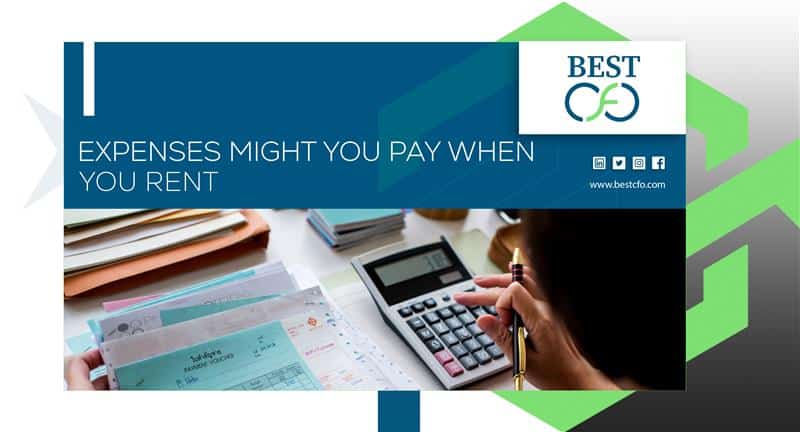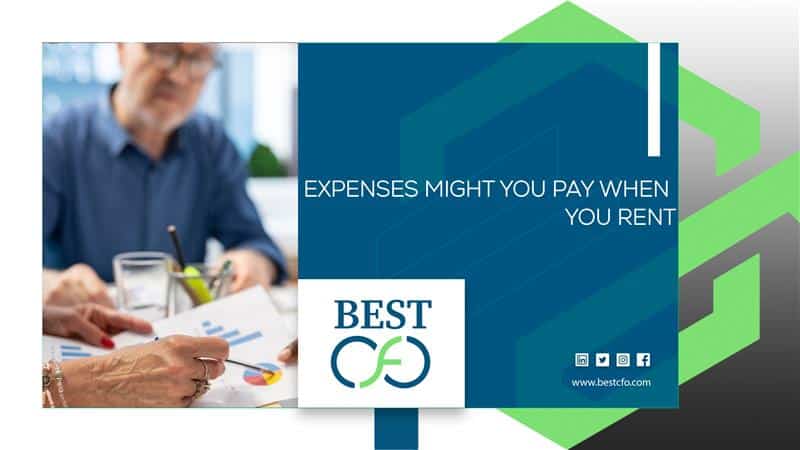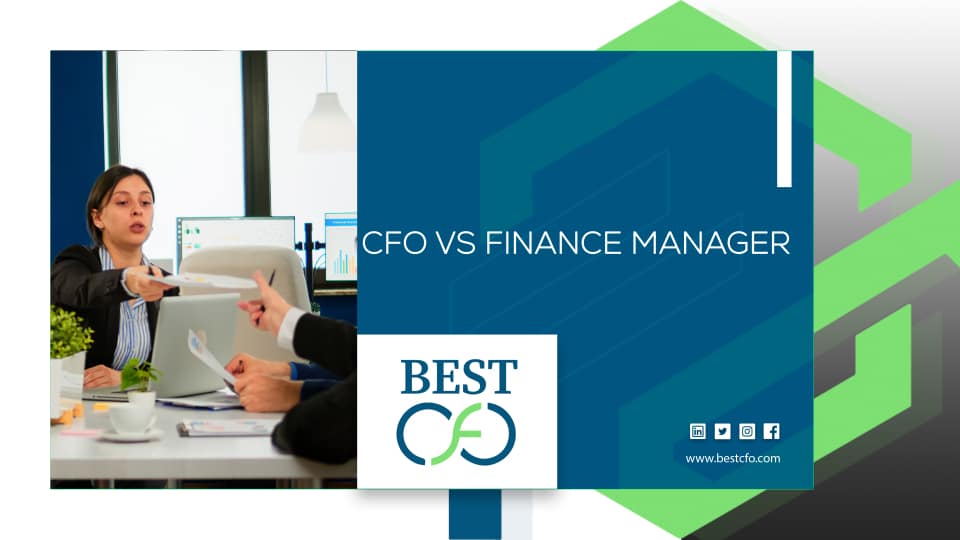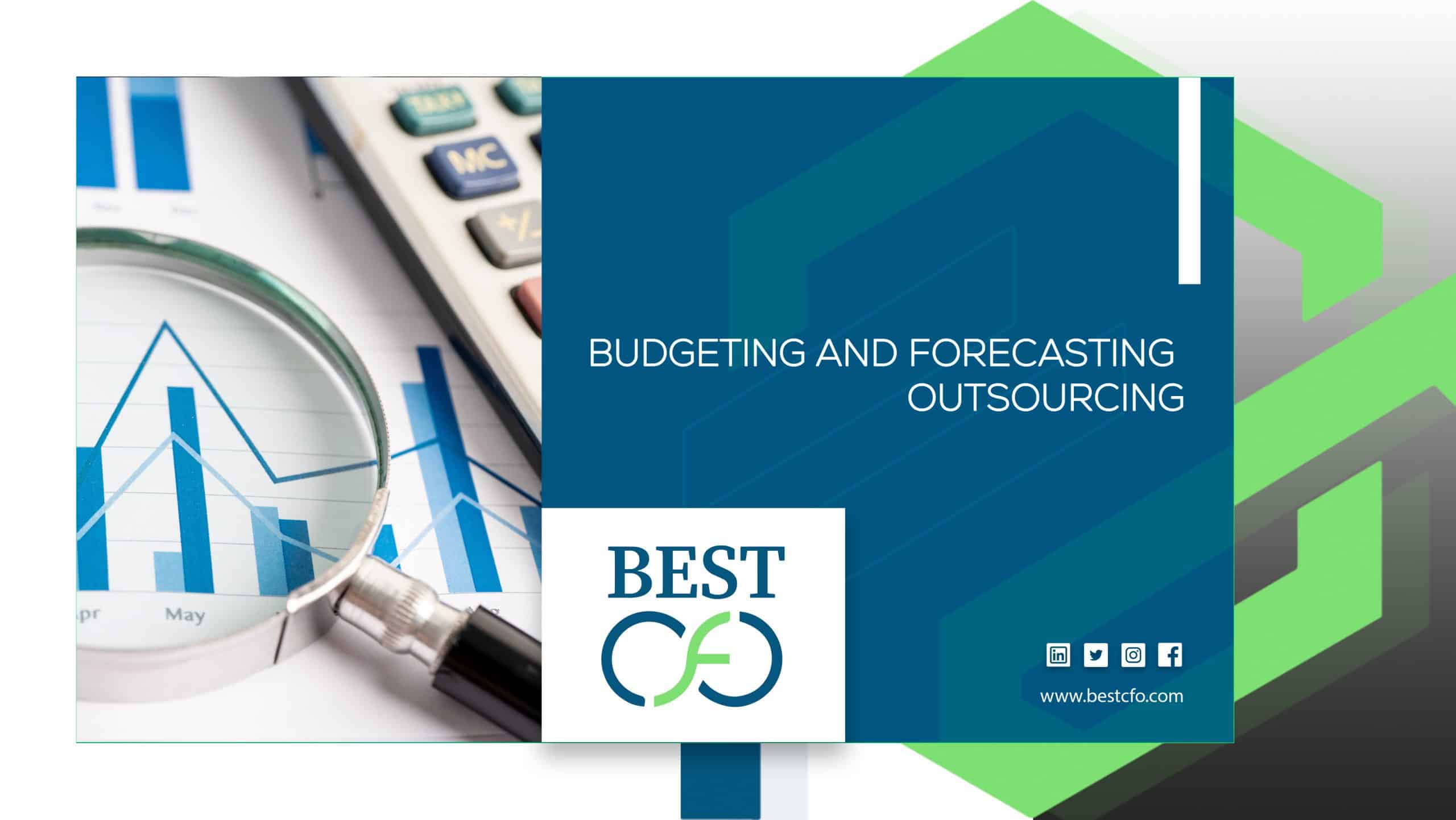
| Getting your Trinity Audio player ready... |
Which Expenses Might You Pay When You Rent?
So, you’re diving into the world of renting? Congratulations! It’s a thrilling mix of freedom, responsibility, and the occasional “Wait, I have to pay for that too?” moment. Before you start envisioning your new space adorned with fairy lights and that cozy reading nook, let’s chat about the not-so-glamorous side: the bills.
Renting isn’t just about the monthly rent check. There are utilities, fees, and other expenses that can sneak up on you like that mysterious charge on your bank statement. But don’t worry—we’re here to break it all down, sprinkle in some humor, and ensure you’re well-prepared for your renting journey.
What Bills Do You Pay When Renting an Apartment?
Let’s explain these expenses in a way you understand what you really have to pay:
1. Electricity
Unless your apartment is powered by magic, you’ll be footing the bill for lights, appliances, and that lifesaving AC during Karachi’s scorching summers.
2. Gas
If your stove or water heater runs on gas, expect a monthly charge. Cooking up those midnight snacks isn’t free!
3. Water & Sewage
Water is essential, and in many cases, so is the bill that comes with it. Some landlords include it in the rent, but it’s always good to confirm.
4. Internet & Cable
Streaming your favorite shows or attending Zoom meetings? You’ll need a reliable internet connection, and possibly cable, depending on your entertainment preferences.
5. Trash Disposal & Recycling
Taking out the trash isn’t just a chore—it can be a line item on your monthly expenses. Some apartments charge separately for waste management services.
6. Renter’s Insurance
Protecting your belongings is a wise move. Renter’s insurance is often affordable and sometimes required by landlords.
7. Pet Rent or Fee
Got a furry friend? Some landlords charge extra for pets, either as a monthly fee or a one-time deposit.
8. Yard Upkeep
If your apartment includes a yard, you might be responsible for its maintenance. This could mean additional costs for lawn care.
How Much Should You Pay for Rent?
Determining your rent budget involves several factors:
1. Size
More space typically means higher rent. Consider how much room you need versus how much you’re willing to pay.
2. Location
Apartments in prime areas or close to amenities often come with a higher price tag. Balance convenience with cost.
3. Age
Newer buildings may offer modern features but can be pricier. Older apartments might be more affordable but could lack certain amenities.
4. Amenities
Features like a gym, pool, or security services can increase rent. Decide which amenities are worth the extra cost for you.
Do You Have to Pay Utilities in an Apartment?
It depends on your lease agreement. Some landlords include utilities in the rent, while others require tenants to pay separately. Always clarify what’s included before signing.
How Much Do Bills Cost in an Apartment?
Utility costs can vary based on usage, apartment size, and location. On average, you might expect to pay:
- Electricity: $100–$150/month
- Gas: $30–$50/month
- Water & Sewage: $20–$60/month
- Internet & Cable: $50–$100/month
Note: These are general estimates and actual costs may vary.

What’s Included in a Utility Bill?
Utility bills typically cover the services mentioned above. Some may also include trash disposal or recycling fees. Always review your bills to understand each charge.
Other Common Apartment Expenses
Beyond rent and utilities, consider these potential costs:
- Security Deposit: Usually equivalent to one month’s rent, refundable at the end of your lease if no damages occur.
- Application Fees: Some landlords charge a fee to process your rental application.
- Maintenance Fees: Certain apartments charge for regular maintenance services.
- Parking Fees: If you have a vehicle, there might be additional costs for parking spaces.
Bottom Line
Renting an apartment involves more than just the monthly rent. By understanding and budgeting for these additional expenses, you can avoid surprises and manage your finances effectively. Always read your lease carefully and don’t hesitate to ask your landlord for clarification on any charges.
Remember, being informed is the first step to successful renting. Always do your research and don’t hesitate to ask questions. Happy renting!
FAQ
Can I negotiate my rent?
Yes, especially if you’re renewing your lease or if similar apartments in the area are priced lower.Are utilities always separate from rent?
Not always. Some landlords include certain utilities in the rent. Always check your lease.Is renter’s insurance mandatory?
While not always legally required, many landlords do require it.What does renter’s insurance cover?
Typically, it covers personal belongings, liability, and additional living expenses in case of covered events.Can I be charged for maintenance?
Routine maintenance is usually covered by the landlord, but damages caused by the tenant may incur charges.Are there hidden fees I should be aware of?
Always ask about additional fees like parking, amenities, or administrative charges before signing a lease.How can I reduce utility costs?
Use energy-efficient appliances, unplug devices when not in use, and be mindful of water and electricity consumption.What happens if I pay rent late?
Late payments can incur fees and potentially affect your rental history.Can my landlord increase the rent?
Yes, but typically only at the end of a lease term and with proper notice.What should I do if I can’t afford my rent?
Communicate with your landlord immediately. They might offer solutions or payment plans.
Related Posts
From Finance to Future-Proofing: The Strategic CFO for IT
From Finance to Future-Proofing: The Strategic CFO for IT Suppose a traditional CFO sitting at…
CFO vs Finance Manager: Choosing The Right One For You
CFO vs Finance Manager: Choosing The Right One For You The finance world can be…
When Should You Outsource My CFO? – The Guide
When Should You Outsource My CFO? – The Guide Every business, no matter how small…
Top 5 Reasons Why You Should Outsource HR
Top 5 Reasons Why You Should Outsource HR Outsourcing is gaining popularity among businesses looking…
 Demos
Demos  Colors
Colors  Docs
Docs  Support
Support 










